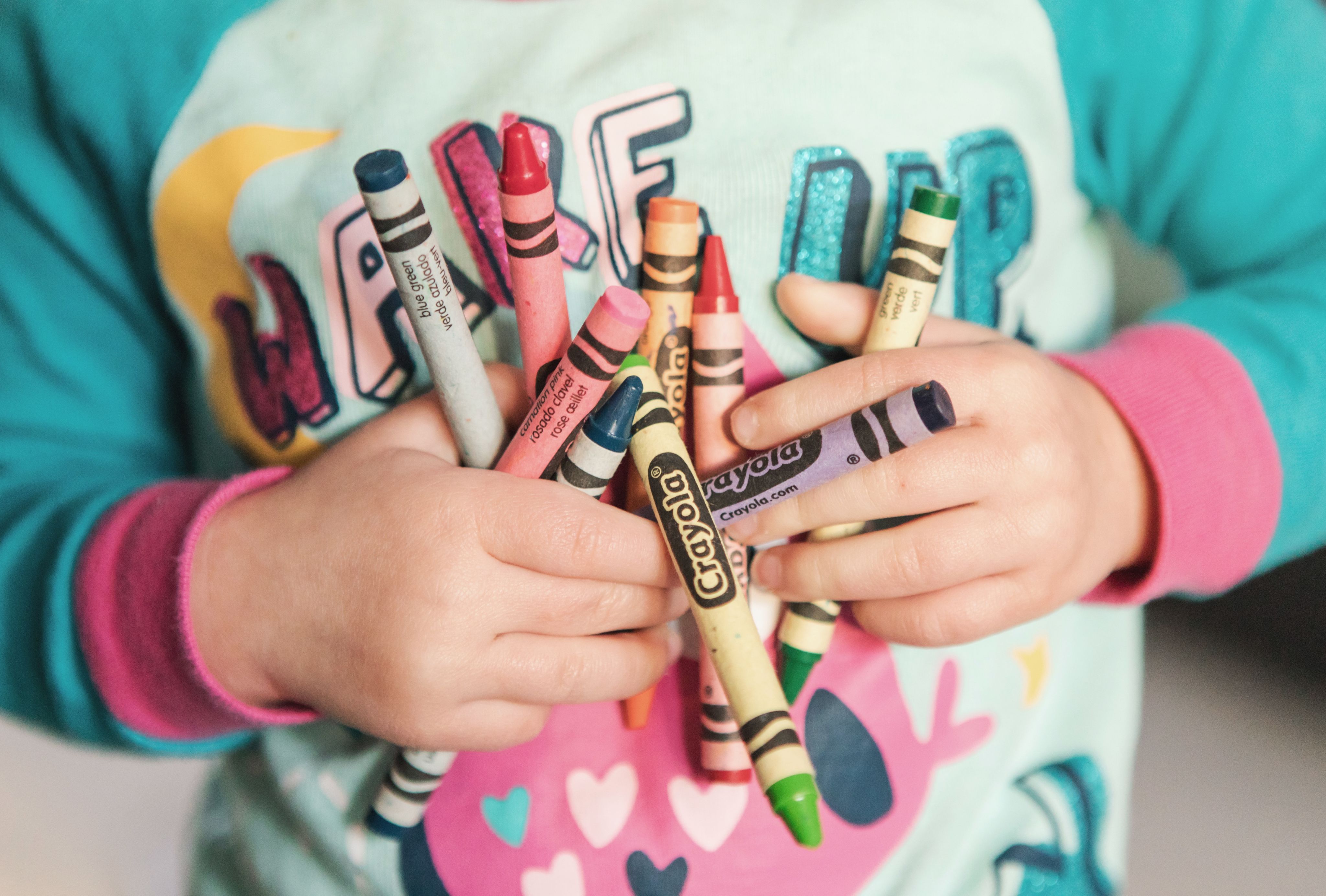Teaching Tots:
A Guide for Aspiring Early Childhood Educators

Early childhood education (ECE) is a dynamic and rewarding field, offering the opportunity to shape the lives of young children during their most formative years. As an aspiring early childhood educator, your role will be pivotal in nurturing young minds, fostering their development, and setting them on a path to lifelong learning. This guide will provide you with essential insights and practical tips to embark on your journey in early childhood education.
Understanding Early Childhood Education
Early childhood education focuses on children from birth to eight years old. This period is marked by rapid cognitive, emotional, social, and physical development. As an educator, you will play a crucial role in supporting this growth through structured and unstructured learning experiences.
The Role of an Early Childhood Educator
Early childhood educators wear many hats, including teacher, caregiver, mentor, and facilitator. Here are some of the key responsibilities you will have:
Creating a Safe and Nurturing Environment: Ensure that your classroom is a safe, welcoming, and a stimulating space where children feel comfortable to explore and learn.
Planning and Implementing Curriculum: Develop and deliver age-appropriate lesson plans and activities that cater to the diverse needs of young children. Incorporate play-based learning, storytelling, arts and crafts, and outdoor activities.
Observing and Assessing Development: Regularly observe and assess each child's development to understand their individual needs and progress. Use this information to tailor your teaching approach and provide targeted support.
Building Relationships: Establish strong, positive relationships with children, their families, and your colleagues. Effective communication and collaboration are essential for creating a supportive learning environment.
Promoting Social and Emotional Growth: Help children develop crucial social and emotional skills, such as empathy, self-regulation, and cooperation. Foster a sense of community and encourage positive interactions among peers.
Essential Skills for Early Childhood Educators
To excel as an early childhood educator, you will need a combination of knowledge, skills, and personal qualities. Here are some of the most important ones:
Patience and Compassion: Working with young children requires a great deal of patience and understanding. Be compassionate and empathetic, recognizing that each child develops at their own pace.
Creativity and Flexibility: Be creative in designing engaging and educational activities. Flexibility is also key, as you may need to adapt your plans based on the children's responses and needs.
Strong Communication Skills: Clear and effective communication with children, parents, and colleagues is vital. Use language that is appropriate for young children and be open to feedback and collaboration.
Organisational Skills: Managing a classroom and planning lessons require good organisational skills. Keep materials, schedules, and records well-organized to ensure smooth operations.
Passion for Education: A genuine passion for teaching and a commitment to the well-being and development of young children are the driving forces behind successful early childhood educators.
Education and Training
Aspiring early childhood educators typically need formal education and training in ECE. Here are some steps to get started:
Obtain a Relevant Degree or Certification: Many positions require at least an associate degree in early childhood education, while others may require a bachelor's degree. Look for accredited programmes that offer coursework in child development, teaching methods, and classroom management.
Gain Practical Experience: Hands-on experience is invaluable. Seek internships, volunteer opportunities, or part-time positions in preschools, daycare centers, or other early childhood settings.
Stay Updated with Professional Development: Education is an ever-evolving field. Participate in workshops, conferences, and continuing education courses to stay informed about the latest research and best practices in ECE.
Tips for Success in Early Childhood Education
Foster a Love of Learning: Encourage curiosity and a love of learning in your students. Create a joyful and engaging classroom atmosphere where children are excited to explore and discover.
Build Strong Relationships with Families: Partner with parents and caregivers to support each child's development. Communicate regularly and involve families in the learning process.
Reflect and Adapt: Continuously reflect on your teaching practices and be open to change. Adapt your methods to meet the evolving needs of your students and the latest educational research.
Celebrate Diversity: Embrace and celebrate the diverse backgrounds, cultures, and abilities of your students. Create an inclusive environment where all children feel valued and respected.
Take Care of Yourself: Teaching young children can be demanding. Ensure you take time for self-care and seek support from colleagues and mentors when needed.
Becoming an early childhood educator is a rewarding and impactful career choice. By fostering the growth and development of young children, you will make a lasting difference in their lives and contribute to the betterment of society. With the right education, skills, and passion, you can embark on a fulfilling journey in early childhood education, shaping the minds and futures of the next generation.


